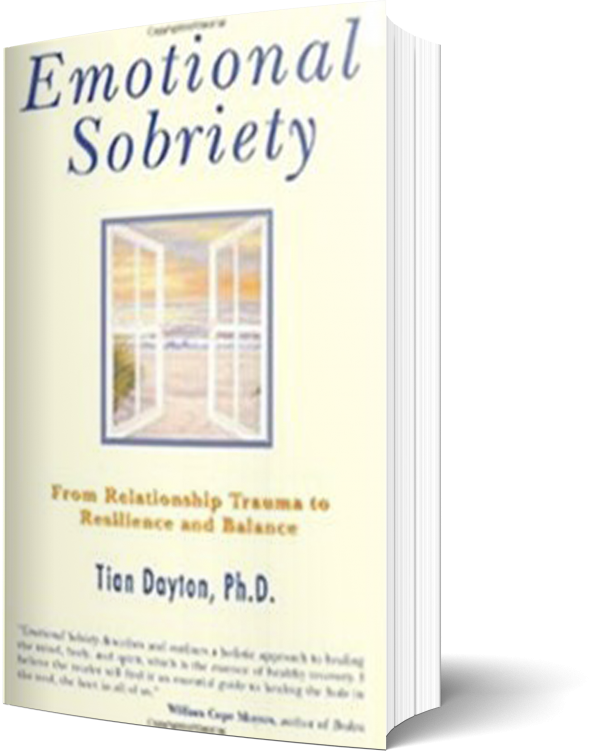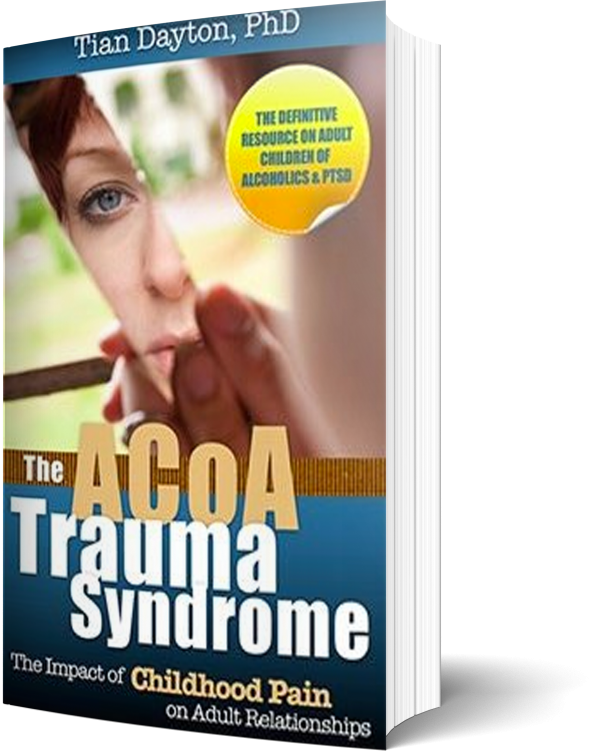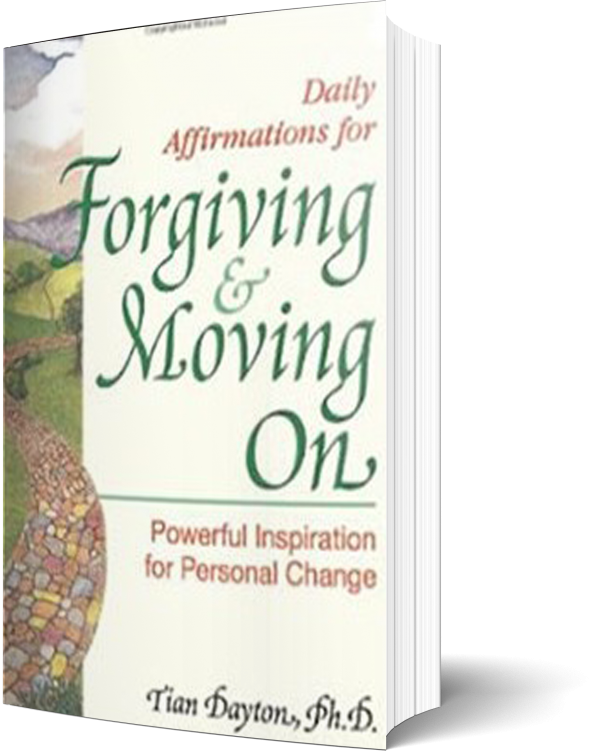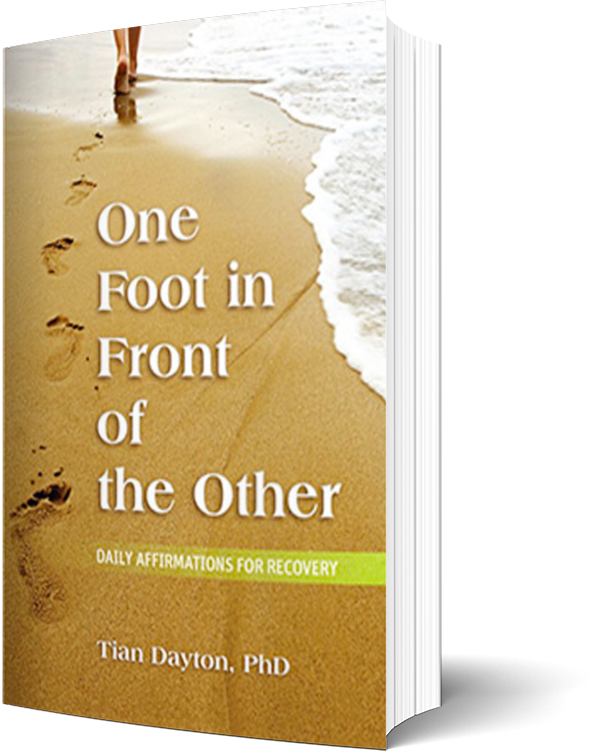“They say that no fewer than four people are affected by someone’s drinking, I counted seven,” reflects Lois Wilson. Seven people whose lives were profoundly affected by one person’s addiction. If you have ever cared about or been an addict, don’t miss When Love is Not Enough: The Lois Wilson Story on Sunday, April 25th at 9:00 pm on CBS. You will see your life flash before your eyes.
Lois Wilson, wife of Bill Wilson co-founder of Alcoholics Anonymous, led an unusual life, one of great disappointments and great triumphs. Theirs was a great romance. A romance laced with heartbreak and tragedy, of love prevailing over the odds. A story of trying and failing over and over and over again to help her husband get sober. A story of losing the dream of children, of family, of security and eventually even sanity to a disease that no one knew was a disease. Of being discarded, lied to, over worked and under appreciated, of attaining dreams only to see them shattered. Of working job after job to support her dreamer of a husband who could not seem to succeed at anything he tried. But he finally did succeed. He succeeded in giving the world one of its greatest healing networks of all time. Alcoholics Anonymous AA. And Lois’s gift to the family members whose lives were shattered by living with addiction was Alanon.
The sadness that becomes the lot of someone who loves and depends upon a person who cannot or will not stop using alcohol or drugs can be nearly unbearable.
William Borchert does a masterful job of showing this battle, scene by scene, struggle by struggle, betrayal by betrayal.
Those who believed in Bill Wilson became bankrupt financially, emotionally and even morally. But this is where Lois Wilson drew the line. And she prevailed. She somehow kept her faith against all odds. Even though she learned the bitter lesson that her love was not enough to get her husband sober, their extraordinary faith and love in eachother began what we know today as the self help movement.
When Lois seemed to have lost it all, when she had barely enough sense of self left to scrape into a semblance of a person, she experienced still one more loss. On her deathbed, her mother who had hereto fore councelled Lois to stay no matter what, with the man she loved said these dying words….
“I haven’t always given you the wisest advise, I admire you for standing by Bill. We all pray for him and you help him as you can….But Lois You must find your own life, what makes You happy, …otherwise I fear you’ll be filled with bitterness for being robbed of that life. Don’t let that happen to you.” Perhaps, if there is any message that underlies ALANON, it is this one. That to help another we must have a sense of self that is our own, so that when we look into the privacy of our own hearts, something is there, something that we can hold dear, treasure and draw strength from.
Lois Wilson’s extraordinary fight to help her husband to get sober is so moving an account of faith, doggedness and sheer will that anyone who has struggled to overcome anything will benefit from seeing it.The despair of the person who loves an addict….and the slow erosion of positive self regard is beautifully and fully evident in Ms. Ryder’s performance as she elegantly portrays the profound frustration and loss of self that occurs for the one who loves an addict and her own struggle for sanity. “Every time you get drunk I feel like it’s my fault. But I don’t have to live like this any more. Yes, you are crazy and you’re making me crazy, too.”
Barry Pepper’s stunning and penetrating performance as Bill Wilson will tear at the heart of anyone who has ever loved an addict. Wilson who had tried everything he knew to get sober finally discovered that, “it seems just by talking to them [other alcoholics] it’s keeping me sober, it’s drunks helping drunks.”
As the early gatherings that first comprised AA occurred in living rooms, wives sat lonely and bitter.
One evening in desperation for a friend to talk to, Lois walked around the cars that were parked outside of her husband’s “meeting”. In them she found women who routinely drove their husbands around because they wanted to make certain they got to where they were going without crashing the family car or going to a bar. For so long they waited for their husband’s to get sober, but when sobriety finally came…. pain, anger and hurt began to surface from years of denying their own losses. The wives started to gather over a cup of tea and share while their their husbands met, with the same rigorous honesty and open heartedness. They came to understand that just as their husbands were obsessed with alcohol, they had become obsessed with their husbands. “If there is healing for them,” said Lois, “ there must be healing for us, too” The gatherings became known as Lois’s kitchen meetings. And eventually as Alanon.
When one of the husbands complained of the wives “talking about us” Bill Wilson wisely counseled “They’re only trying to climb out from underneath the wreckage we caused, they’re only trying to get well like we do.” Thanks to the love and compassion of two people with vision and a need for community, those of us who have lived with addiction, whether as an addict or a co-addict, have somewhere to go to heal.
William Borchert and Camile Thomasson his co-scriptwriter have done something wonderful and Hallmark has too. The Hallmark movie is based on the book by Borchert,The Lois Wilson Story: When Love Is Not Enough (Hazelden, 2005).





